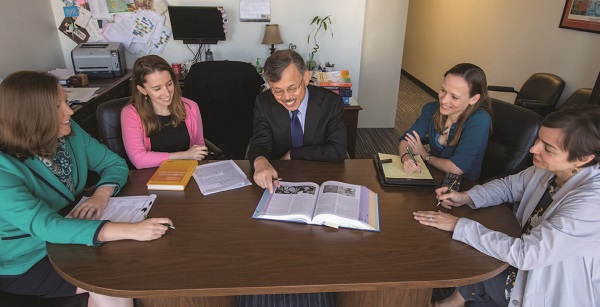
The Department of Epidemiology has revised its Master of Science program in Clinical Investigation (MSCI). The program now requires 36 credits and can be completed in one year.
“We looked at the students who were attracted to the existing program and surveyed program offerings across the country,” said Amanda Anderson who co-directs the MSCI program with Epidemiology Department Chair Jiang He.
Their research showed a need for a “gap year” experience for students wishing to gain research skills before entering medical school or before starting a residency program.
The program will begin in the summer semester and students will pursue the program as a cohort. The MS in Clinical Research has been designed as a one-year program, so students will complete all requirements by the end of the following spring semester.
“The program will provide students with a robust introduction to epidemiology and biostatistics to prepare them to serve as future leaders in clinical investigation. It gives them a great toolkit,” says Anderson.
In addition to traditional instruction, the program will provide students with a strong foundation in ethics and professionalism, while developing skills in critical thinking, communication of scientific findings, leadership, and study management.
All MSCI students will successfully complete a thesis for the program which can be fulfilled in a number of ways, including developing a grant proposal or research protocol or drafting a manuscript for submission, among others.
“We anticipate that each cohort will consist of a very motivated group of like-minded people. There will be a lot of cohesiveness,” said Anderson.
Learn more about the program at sph.tulane.edu/epid/ms-ci.
